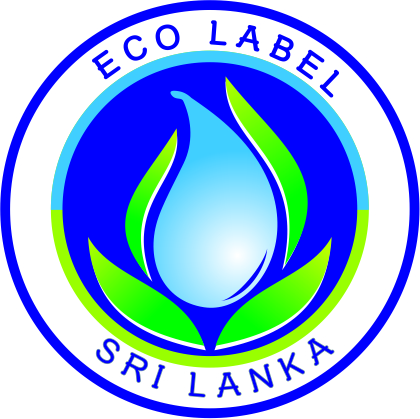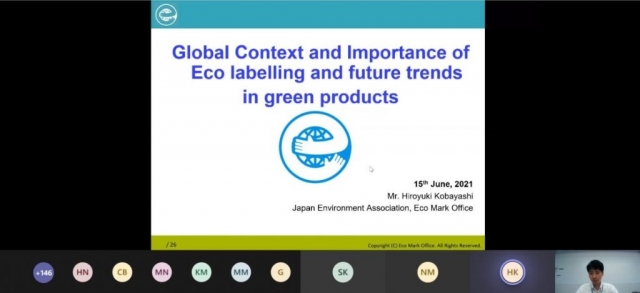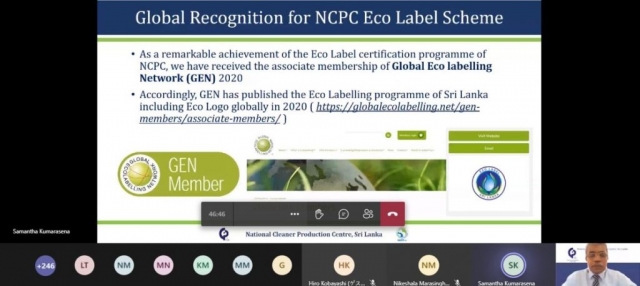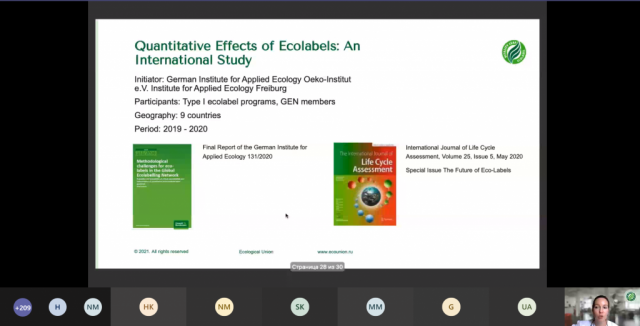What is Eco Labelling?
Ecolabelling is a voluntary method of environmental performance certification, a labelling that is practiced around the world. An ecolabel identifies products or services proven to be environmentally preferable within a specific category.
Global Context of Ecolabelling
In more than 50 territories and countries around the world, independent, third-party tested ecolabels exist to ensure that the products and services purchase are certified to reduce environmental impact. The importance of eco-labelling achieved international consensus decades ago as part of the global push towards sustainable development. Ten years after the 1992 United Nations Conference on Environment and Development in Rio de Janeiro, the international community met at the World Summit on Sustainable Development, and re-affirmed its commitment to “Agenda 21” adopted in Rio. To do this, stakeholders agreed to the Johannesburg Plan of Implementation (JPOI) – to “accelerate the shift towards sustainable consumption and production.” Crucially, the stakeholders to the JPOI identified the need to “develop and adopt, where appropriate, on a voluntary basis, effective, transparent, verifiable, non-misleading and non-discriminatory consumer information tools to provide information relating to sustainable consumption and production.” Today, several types of environmental labelling exist – including those which are differentiated into groups and classified by the International Organization for Standardization.

Type I labels are those often referred to as eco-labels, and identify overall environmental preference of a product (i.e. a good or service) within a product category based upon life cycle considerations. In contrast to a self-styled environmental symbol or claim statement developed by a manufacturer or service provider, an ecolabel is awarded by an impartial third party to products that meet environmental leadership criteria. They are also multi-criteria and multi-sectoral. Type II is a self-declared environmental label (often a single attribute, sometimes a company’s own environmental logo). Finally, Type III is a product declaration that provides more detailed quantitative information of products. It takes the form of a matrix and is similar to declarations of the nutritional characteristics of products.
Eco Label Certification Scheme of NCPC Sri Lanka
Recognizing the shortfalls of the environmental labelling programmes exist in the country, National Cleaner Production Centre (NCPC), Sri Lanka worked with United Nations Environment Programme under One Planet Network Project on Consumer Information For Sustainable Consumption and Production to moved towards a broader Scale to develop and implement Eco Labelling Scheme in Sri Lanka. Accordingly, NCPC Sri Lanka has pioneered the development of a globally accepted Eco Label certification scheme under the International Standards on ISO 14024:2018 Environmental labels and declarations – Type I environmental labelling – Principles and procedures. As a remarkable achievement of the Eco Label certification programme of NCPC, we have received the associate membership of Global Eco labelling Network (GEN) from its Annual General Meeting 2020, as the first ever GEN member of Sri Lanka.
Importance of Eco Labelling
Ecolabel products and services are ‘best-in-class’ and are held to the strictest environmental standards that exist. They are proven to be environmentally preferable to all other kinds of products. That’s because ecolabels are independently third-party tested to ensure that consumers are getting a product that is ‘CERTIFIED GREEN’ so they can trust in its environmental integrity. Using ecolabel products daily in household or at workplace creates a positive effect on green living and responsible consumption.
About the Programme
An elegant audience of over 250….More than 50 questions in chatbox… NCPC, Sri Lanka deeply appreciate the wonderful audience today for their active participation at the Awareness programme on “Eco Labelling – Global Experiences”.
The contribution of Mr. Hiroyuki Kobayashi, Deputy Manager of Eco Mark, Japan and Dr. Yulia Gracheva, Director, Ecological Union, Russia were tremendous and greatly supportive to make this a live and enthusiastic session…




